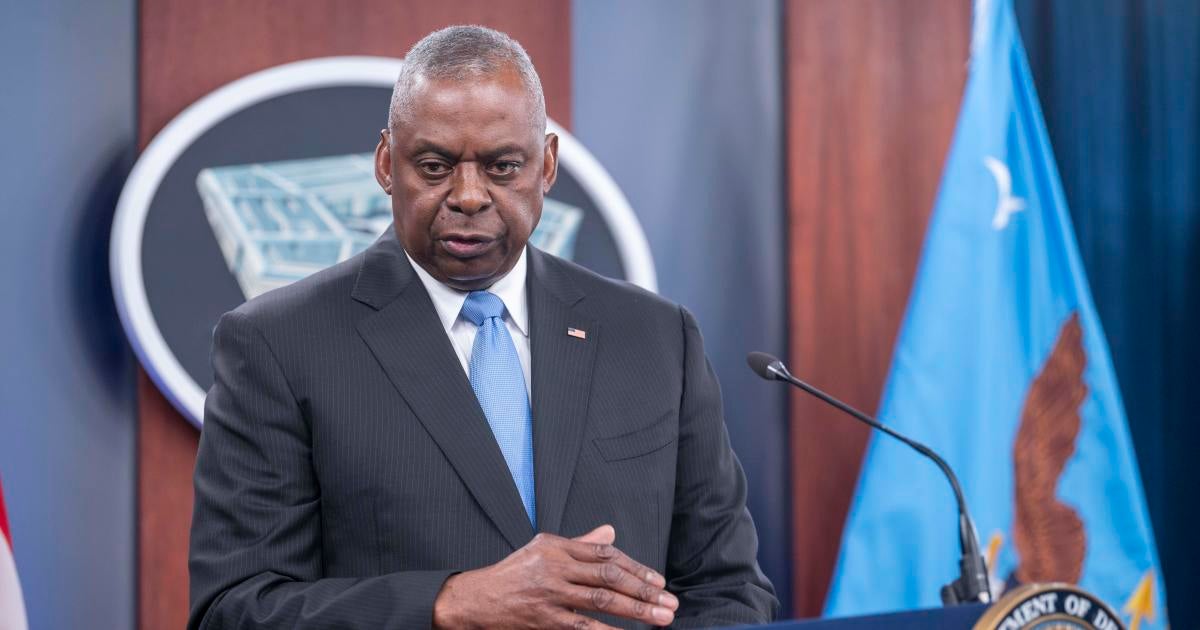A recent ruling by a military appeals court has sparked controversy in the case of Khalid Sheikh Mohammed, the accused mastermind of the September 11, 2001, terror attacks. The court ruled that Defense Secretary Lloyd Austin could not withdraw plea agreements for Mohammed and two other defendants, Walid Muhammad Salih Mubarak bin ‘Attash and Mustafa Ahmed Adam al Hawsawi.
The Defense Department has filed a motion to delay the plea hearings until January 27 so that they can consult with the Department of Justice on whether to appeal the decision in the U.S. Court of Appeals for the District of Columbia Circuit. If the plea agreements do go through, the three men will plead guilty in separate hearings, and in exchange, the death penalty will be taken off the table.
The plea deals were initially reached with Mohammed and his alleged accomplices in late July after more than two years of negotiations. These agreements were approved by a senior Pentagon official who oversees the military court at Guantanamo Bay. However, Defense Secretary Austin made the surprising decision to rescind the pretrial agreements just days after they were announced.
In a memo, Austin stated that “in light of the significance” of the deals, “responsibility for such a decision should rest with me.” This decision raised questions about whether Austin had exceeded his authority in nullifying the agreements. Defense attorneys argued that the plea agreements were still valid and questioned whether Austin had exercised undue or unlawful command influence.
Air Force Col. Matthew McCall, the military judge overseeing the case, ultimately ruled in November that the plea deals were valid and enforceable. He found that Austin had exceeded his authority in revoking the agreements, leading to the reinstatement of the plea deals for Mohammed and his co-defendants.
The three Guantanamo Bay detainees were captured by the U.S. in 2003, but their prosecutions have faced significant legal delays. These delays have been primarily due to debates over whether evidence obtained during their interrogations at secret CIA prisons could be used in court. They were transferred to the military prison at Guantanamo Bay in 2006 and formally charged in 2008.
Prosecutors have informed the families of 9/11 victims that the three detainees have agreed to plead guilty to conspiracy and murder charges in exchange for a life sentence. This agreement also removes the death penalty as a possible punishment. Additionally, the detainees have agreed to respond to questions from family members about their roles in and reasons for conducting the terror attacks.
The September 11, 2001, terror attacks resulted in the deaths of nearly 3,000 people. The attacks involved hijacked planes hitting the World Trade Center in New York City, the Pentagon outside of Washington, D.C., and a plane bound for Washington crashing into a Pennsylvania field.
The ruling by the military appeals court has brought renewed attention to the legal proceedings surrounding the September 11 attacks and the individuals accused of planning and carrying them out. The decision to reinstate the plea agreements for Mohammed and his co-defendants has raised questions about the role of the Defense Secretary in such cases and the balance of power between military and civilian authorities.
As the case continues to unfold, it remains to be seen how the legal proceedings will progress and what the ultimate outcome will be for Mohammed and the other defendants. The families of the victims of the September 11 attacks continue to seek justice and closure, and the reinstatement of the plea agreements represents a significant development in their pursuit of accountability for the events that changed the course of history.









